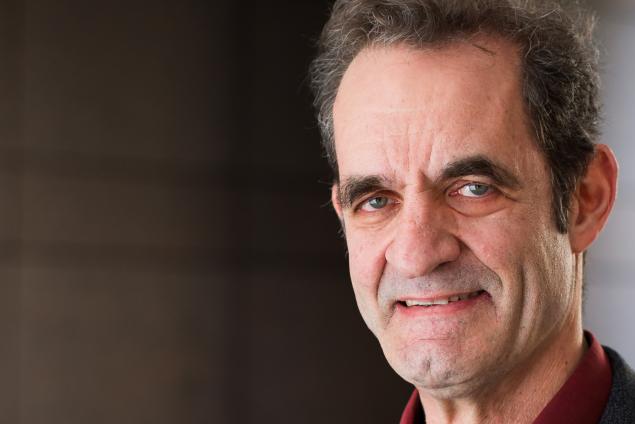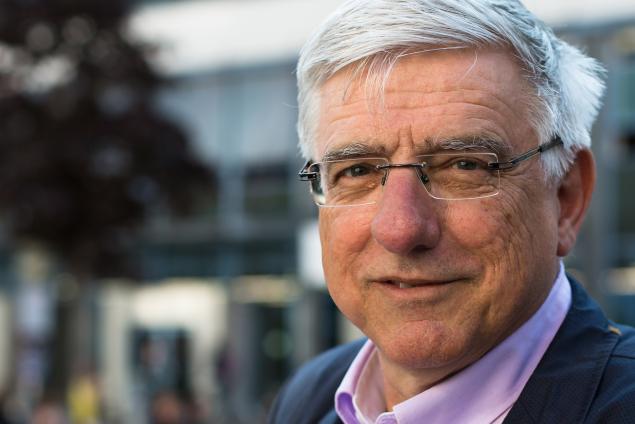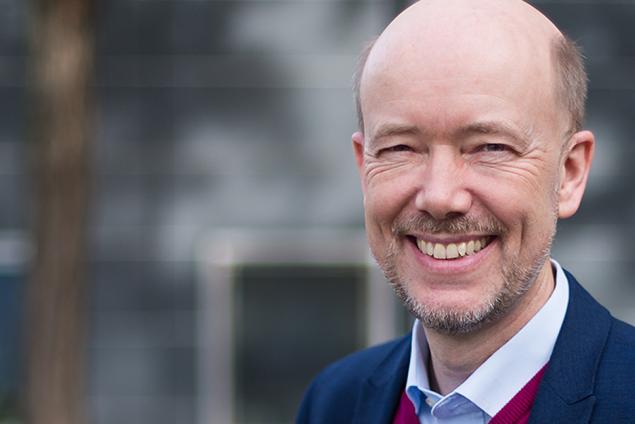Scroll to Section:
Plants have at least two ways of defending themselves against herbivores. They can do so directly by producing toxins or compounds that are anti-digestive, or they can indirectly defend themselves by emitting volatile compounds that attract predators and parasitoids of the herbivores. MEREDITH SCHUMANN investigates these indirect defenses. As she explains in this video, there are both fast and slow components to herbivore-induced volatiles. Her research team has examined whether this timing aspect, having both fast and slow components, is important for effectively attracting predators. During their field studies, they observed that the different timing of volatiles allows plants to connect predator activity to herbivore activity even when the two are not active at the same time. Their results suggest new agricultural methods of defending crops against herbivores without using pesticides.
DOI:
https://doi.org/10.21036/LTPUB10579
Institution

Max Planck Institute for Chemical Ecology
The Max Planck Institute for Chemical Ecology (MPI-CE) investigates how organisms communicate with each other via chemical signals. We study how plants best adapt to their respective environments and identify the chemical compounds they produce to attract pollinators, fend off herbivores and pathogens, or keep unpleasant competitors away. In the course of evolution, insects have adapted to the survival strategies of plants. We therefore analyze the genetics, physiology and behavior of herbivorous insects. Insects also make use of plant substances to protect themselves against predators: They sequester toxic compounds; some insects even signal by exhibiting their bright colors that they should better not be eaten. Microorganisms play a crucial role in the fitness of plants and insects. Some are pathogens, others are symbiotic partners and help to supply nutrients or boost the immune system. We want to determine who plays which role. The MPI-CE was founded in 1996 and is part of the Max Planck Society. Together with Friedrich Schiller University Jena, it runs the International Max Planck Research School Chemical Communication in Ecological Systems, a graduate school for excellent international graduates.
Original publication
Herbivore-Induced Volatile Blends with Both “Fast” and “Slow” Components Provide Robust Indirect Defense in Nature
Functional Ecology
Published in 2017
How Does Plant Chemical Diversity Contribute to Biodiversity at Higher Trophic Levels?
Current Opinion in Insect Science
Published in 2016
Beyond
A Ground-breaking Scientific Revolution
An Alarming Challenge for Society
If I Had a Second Life
A Personal Reading Recommendation




